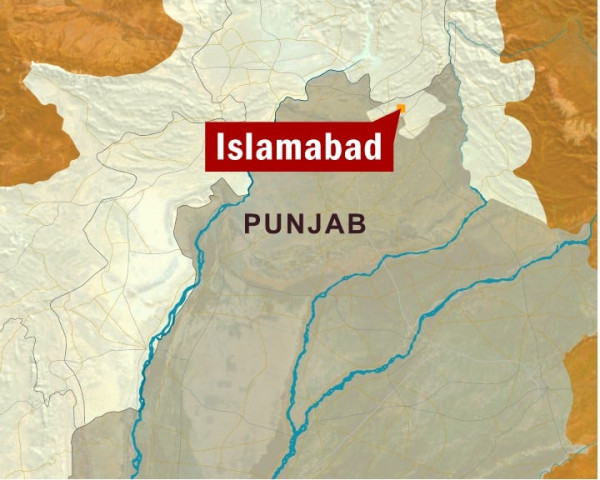Mother child week: Saving women from maternal mortality
Bi-annual event reviews issues in the country, especially in rural areas.

There is a need to recognise maternal death and illness as a pressing human rights issue on national level in Pakistan. The country has fallen short of implementing its resolution with the United Nation Human Rights Council on the issue, passed in 2009, The Express Tribune has learnt.
The objective of the resolution is to consider maternal death and morbidity as a human rights issue in order to protect the lives of women and decrease maternal mortality and morbidity rate.
The National Programme for Family Planning and Primary Health Care, Ministry of Health in collaboration with UNICEF has started off Mother and Child Week. According to Ministry of Health, every year Pakistan witnesses preventable deaths of 432,000 children under-five and 20,000 mothers due to causes related to pregnancy and child birth. Among the under-five deaths, two-thirds are in the first 28 days, are largely due to pneumonia which is 13 per cent and diarrhoea 11 percent or about 70,000. To address these issues, the week has been observed twice a year, since 2007 ; in April and October, focusing on two major fatal diseases of children, diarrhoea and pneumonia.
The activities during the week include public awareness at village and union council level, supplemented by immunisation and deworming for children, tetanus toxoid vaccination for pregnant mothers, refresher trainings for health workers, and strengthened public health systems to administer Oral Re-hydration Salts.
However, according to health experts, these initiatives by government would be of no use without educating mothers, strengthening health systems, providing clean environment and most of all proper transport and smooth roads for pregnant women.
Talking to The Express Tribune, the Head of Paediatric Department of Islamabad Medical and Dental College, Prof Mumtaz Hassan, said educating mothers could help the government to reduce the maternal and infant death toll to a great extent.
A senior gynaecologist at Benazir Bhutto Hospital, who wished not to be named, said sometimes pregnant women from rural areas come to the hospital with serious complications, caused by the untrained traditional birth attendants.
Some have miscarriages due to bumpy rides on dilapidated road and the poor transport system. She said the capacity and number of lady health workers is insufficient.
Talking to The Express Tribune, Country Director of Rutgers World Population Foundation, Qadeer Baig said the resolution has been approved by the Balochistan and Sind assemblies and they (the assemblies) are demanding National Assembly to pass it as well.
Baig said to attain resources, there is a need to legislate and formulate a policy on federal level for the implementation of the resolution.
Published in The Express Tribune, April 27th, 2011.



1724319076-0/Untitled-design-(5)1724319076-0-208x130.webp)















COMMENTS
Comments are moderated and generally will be posted if they are on-topic and not abusive.
For more information, please see our Comments FAQ